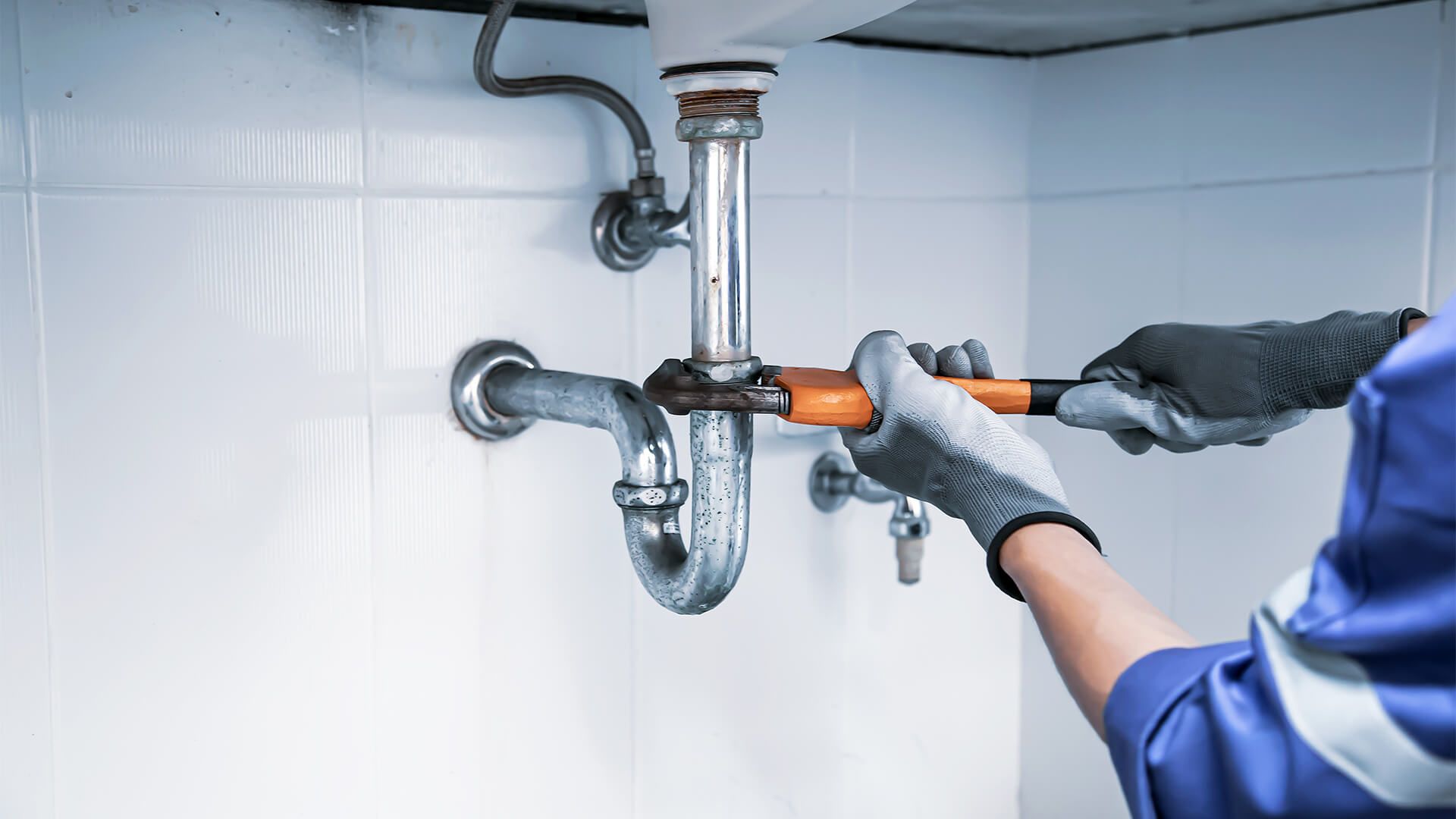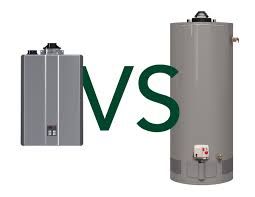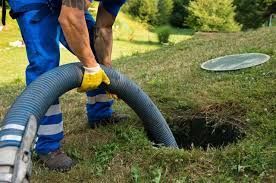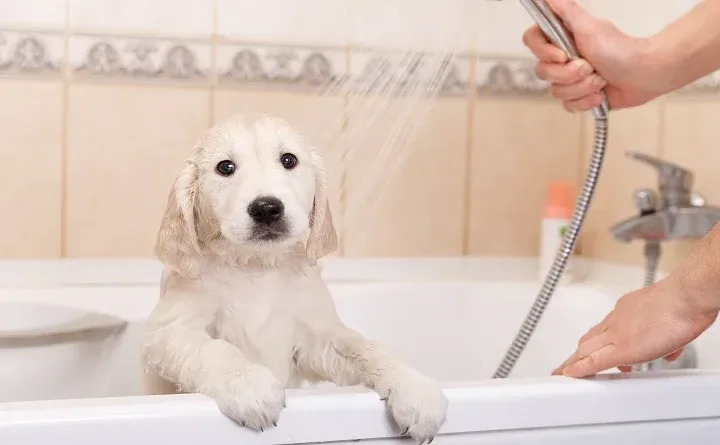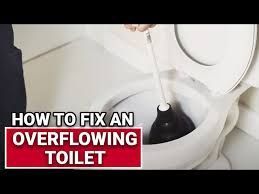The Benefits of Upgrading to an Energy-Efficient Water Heater
Upgrading to an energy-efficient water heater is one of the smartest investments you can make for your home. Not only does it lower your utility bills, but it also contributes to a greener environment. In this article, we’ll explore the numerous benefits of energy-efficient water heaters and why making the switch can be beneficial in the long run.
Significant Energy Savings
One of the most compelling reasons to upgrade to an energy-efficient water heater is the potential for significant energy savings. Traditional water heaters consume a substantial amount of energy to heat water, often leading to high utility bills. Energy-efficient models, on the other hand, use less energy by maintaining optimal water temperature with minimal energy consumption.
Why It Matters:
Switching to an energy-efficient water heater can reduce your energy bills by up to 50%, depending on your household's water usage and the efficiency of your current system.
Lower Utility Bills
An energy-efficient water heater doesn't just save energy—it saves money too. By using less electricity or gas to heat your water, these systems can drastically cut down your monthly utility expenses.
Why It Matters:
Over the lifespan of the water heater, the savings on utility bills can more than offset the initial investment, making it a financially sound choice.
Reduced Carbon Footprint
If you're concerned about your environmental impact, an energy-efficient water heater is a great way to reduce your carbon footprint. Traditional water heaters are one of the largest energy consumers in a household, leading to higher greenhouse gas emissions.
Why It Matters:
By consuming less energy, energy-efficient water heaters contribute to lower carbon emissions, helping you do your part in combating climate change.
Improved Efficiency with Modern Technology
Modern energy-efficient water heaters are designed with advanced technologies that improve their efficiency and performance. Features such as better insulation, heat pump technology, and on-demand water heating ensure that energy is used more effectively.
Why It Matters:
These innovations not only enhance the water heater's performance but also ensure that energy is not wasted, maximizing your investment.
Longer Lifespan
Energy-efficient water heaters often have a longer lifespan compared to traditional models. They are built with higher quality materials and advanced technologies that reduce wear and tear.
Why It Matters:
A longer lifespan means fewer replacements, saving you money and reducing the environmental impact associated with manufacturing and disposing of old units.
Potential for Tax Incentives and Rebates
In many regions, upgrading to an energy-efficient water heater can qualify you for tax incentives or rebates. These financial incentives are designed to encourage homeowners to adopt more sustainable practices.
Why It Matters:
These rebates can significantly reduce the upfront cost of the water heater, making it an even more attractive investment.
Enhanced Hot Water Availability
Energy-efficient water heaters often provide a more consistent supply of hot water. Some models, such as tankless water heaters, heat water on demand, ensuring that you never run out of hot water.
Why It Matters:
With a constant and reliable hot water supply, your household can enjoy better comfort and convenience.
Increased Property Value
Investing in energy-efficient appliances, including water heaters, can increase the value of your property. Homebuyers are increasingly looking for energy-efficient features that promise lower running costs and a reduced environmental impact.
Why It Matters:
An energy-efficient water heater can be a selling point, potentially making your home more attractive on the market.
Low Maintenance and Operating Costs
Energy-efficient water heaters are designed to be low-maintenance. They are built with durable components that require fewer repairs and less frequent servicing.
Why It Matters:
Lower maintenance and operating costs mean fewer headaches and long-term savings for you as a homeowner.
Conclusion
Upgrading to an energy-efficient water heater is a decision that brings numerous benefits—from significant cost savings to environmental protection. With the added advantages of modern technology, longer lifespan, and potential tax incentives, this upgrade is not just about replacing an old appliance; it’s about making a smart investment in your home and future.
Whether you're looking to lower your bills, reduce your carbon footprint, or increase your home’s value, an energy-efficient water heater is the way to go.

